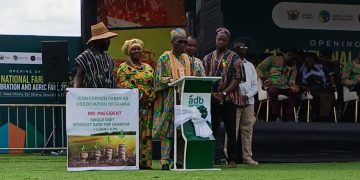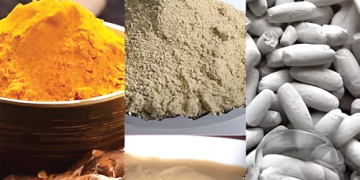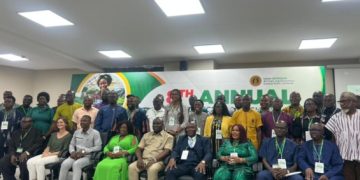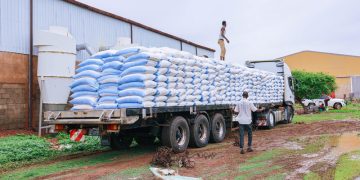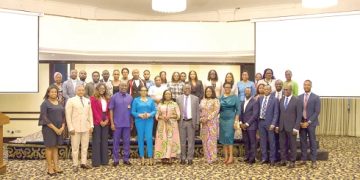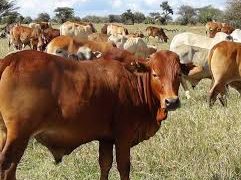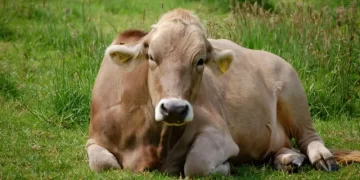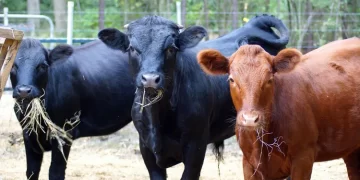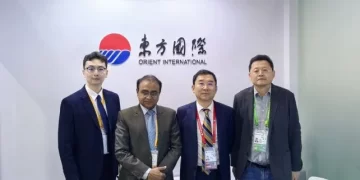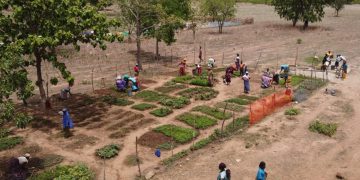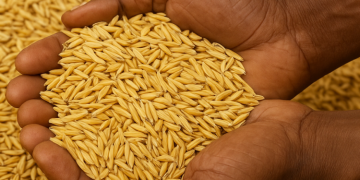The Peasant Farmers Association of Ghana (PFAG) has raised alarm over the worsening grain glut that continues to cripple farmers across the country, warning that urgent and transparent government intervention is needed to protect livelihoods and investments.
According to the Association, more than 200,000 metric tonnes of unsold paddy rice and maize remain from the last farming season, while several rice farms are still unharvested. The situation, PFAG said, has left many farmers stranded with their produce and vulnerable to bird invasions, bushfires, and inadequate harvesting capacity.
The concerns follow the Ministry of Food and Agriculture’s announcement of an additional GH₵100 million allocation to the National Food Buffer Stock Company (NAFCO) to help absorb the excess grains and stabilize the market.
While welcoming the government’s response, PFAG is demanding greater accountability and transparency in the disbursement and use of the funds. It called on the Ministry to immediately publish a detailed list of all companies, their locations, and the quantities of grains procured with the initial GH₵100 million.
The Association is also urging the government to release clear timelines for the commencement of new grain purchases under the latest allocation. PFAG further wants a public register of Licensed Buying Companies, millers, and aggregators, indicating where they are operating so that farmers can engage directly.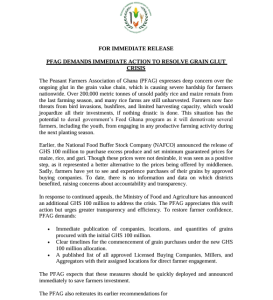
“These actions must be implemented immediately to prevent further losses and restore confidence among smallholder farmers,” PFAG stated.
Beyond addressing the current crisis, PFAG reiterated its long-standing call for a national policy mandating all state institutions — including schools, hospitals, and security services — to procure locally produced rice and maize.
The group also proposed tighter border control measures to curb the smuggling of inferior rice and a temporary suspension of rice imports until local stocks are cleared and prices stabilize. Additionally, it is urging the launch of a nationwide public campaign to promote local rice consumption and support Ghana’s food self-sufficiency agenda.

















